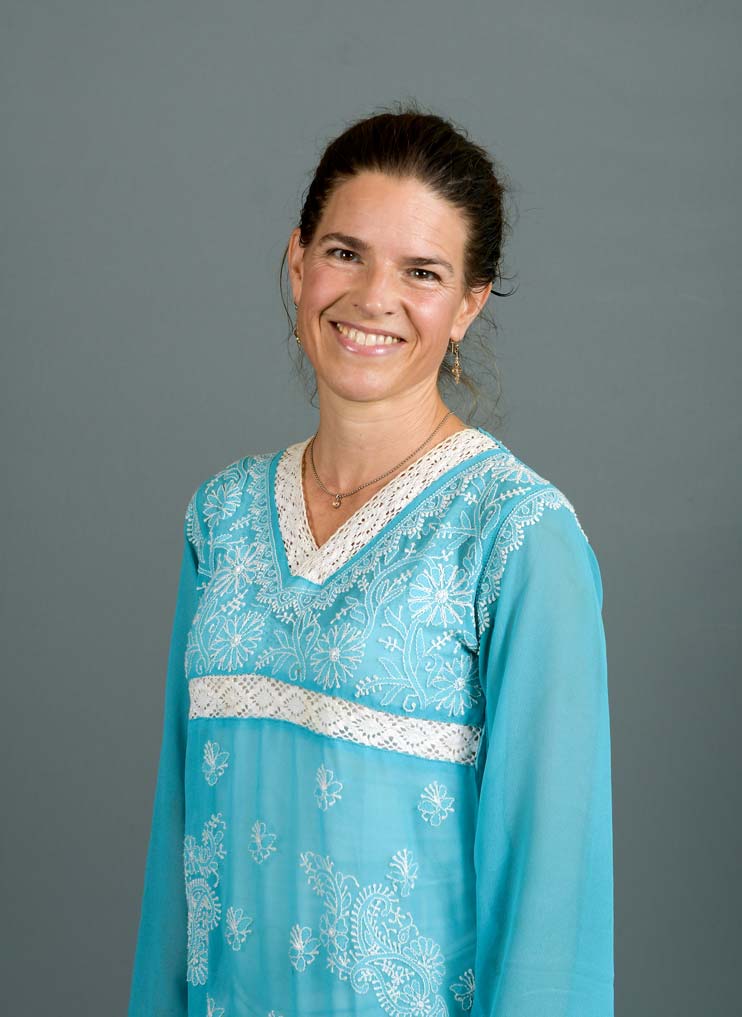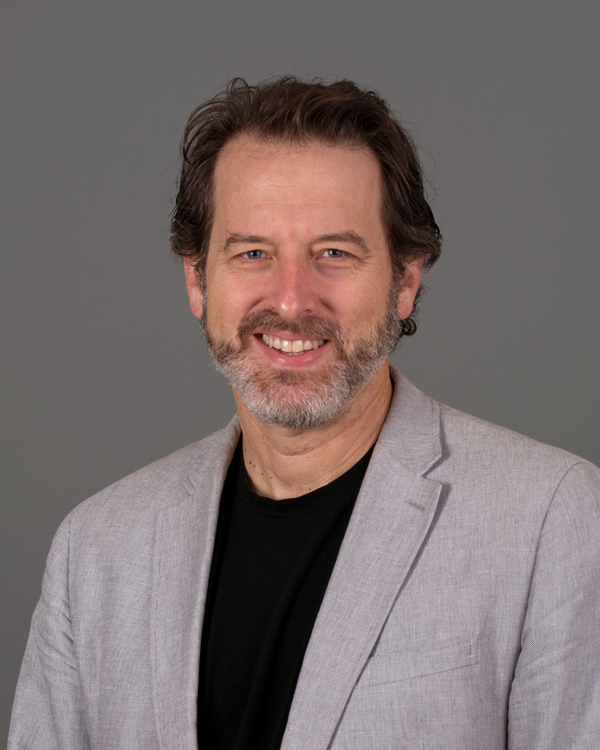“If You Only Knew Who You Were…”
Today’s blog is written by Malynn Utzinger, Director of Integrative Practices, and Tim Weitzel, ESI Architect.

We are a little nervous writing about Emotional & Social Intelligence (ESI) “mastery.” This makes it sound like we think it is possible to become perfect at emotional and social intelligence when our actual position on the matter is more about progress than perfection.
We’re reminded of a quote from a wise teacher. Upon turning 90 he was asked, “What’s one of the most important lessons you have learned in your 90 years?” He replied, “That we are all a mixed bag.”
No one is perfect. We all have strengths and we all have areas to grow, and we all always will. But the progress we make and its impact on our lives is so worth the effort.
Then what do we mean when we write, “ESI Mastery?” For us, mastery is more about commitment then it is some perfect end-state. It is reaching a point where we are committed to working on growing our ESI for the rest of our lives. While we know that no one ever arrives at the ideal, that we will forever be a mixed bag, hopefully as time goes by our commitment will create an imbalance towards our strengths. And we grow in our trust and confidence that we have the tools, the know-how, and the capacity to keep learning, to be our own teacher, and to someday perhaps get really, really good at this business we call life.
This said, we have identified three fundamental pillars to ESI Mastery:
- Recognizing and owning what you already have/are/do
- Developing an ever-growing knowledge and skill in ESI
- Forming a vision or bigger future story that shapes our present-day behavior
We will be writing about one of the pillars of ESI Mastery in each of the three parts. In this issue We are writing about the first pillar, “recognizing and owning what you already have/are/do.”
Recognizing and Owning What You Already Have/Are/Do
A story and reflection from Tim:
I paid my way through college by running a small painting business. During the summers I had a good-sized crew of painters that focused on exterior painting. In the winter it was just me, and, living in Wisconsin, I took only inside jobs, obviously. One family that hired me had a pet English Bulldog named Waldo. Waldo was a beast of a dog in terms of physique—fifty to sixty pounds and all muscle. Waldo and I became good friends, and while at the house, he followed me around wherever I went. But Waldo was a very anxious fellow, and he was hypervigilant regarding his surroundings. One day while eating lunch, Waldo napping on my leg, an icicle broke loose from the eave outside and made a loud crash. Waldo startled and shot straight up! After a few moments, he settled himself back on my leg. Giving him a calming pat, I reflexively said to him, “If you knew who you were, you would not be afraid of anything.” Saying this to him stopped me in my tracks. I thought, “Hmmm, I wonder if I might be talking to myself as much as Waldo.”
One of my lifelong struggles has been to overcome self-doubt, to find my own inner authority. At my present age, I can see the self-doubt I had as a younger man as a true blessing because it motivated me to learn, explore, and develop ESI tools. It was a true catalyst for my growth journey. And, most of the time, I am happy and satisfied with where I have arrived at this point in my life. In my twenties and thirties, however, I lived my life on “Someday Isle.” “Someday I’ll be ready to help people.” “Someday I’ll know enough to be able to trust myself.” “Someday I will be fully confident and be filled with inner authority and know-how.” The list could go on. This moment with Waldo was a brief experience of the curtain parting for me. For a few moments I was flooded with the recognition of who I was and where I was headed. Of course, I knew I still had a lot to learn—again, we all always do (it’s that mixed-bag thing)—but in that moment I saw how much I already had to offer. I saw myself in terms of my strengths instead of all the ways I needed to improve. It was empowering, and it filled me with vitality, confidence, and motivation.
This is true for most people on a path of learning—both the “someday isle” syndrome and the “if you only knew yourself” dilemma. Right now, you have so much to offer—so many realized capabilities and strengths, so much to contribute to other peoples’ lives, so much upon which to base your trust in yourself. If you only knew who you really are! Recognizing and owning what you already have/are/do is a pillar of ESI mastery because every edifice needs a cornerstone. It is the foundation upon which you build your mastery, and it is your safe house for weathering the inevitable storms of the self-actualization journey. There is power in the knowledge that if none of this works out, you are enough as you are and at any moment you can chose to act from, or be, your best self. All in all, this is a pretty important tool in your ESI/mindfulness tool kit.
In the next installment of this series we write about the second pillar, an ever-growing knowledge and skill in ESI. In the meantime, we ask that you spend time appreciating—even marveling in—the gifts you bring to others as you are now. Believe it, own it, nurture its expression, and enjoy yourself.
This blog is part of an ongoing series on Emotional and Social Intelligence.
Explore the previous installments of the series:
- Enlivening Ourselves in Times of Change
- Optimism: A Gateway to Self-Actualization
- The Most Important Decision We Make
- The Impact of Positive Self-Talk: A Next-Level Story

As a Family Medicine physician and Director of Integrative Practices for Promega, Malynn thinks of herself as one who stands with a foot on either side of the chasms we humans encounter in life, helping us stitch together our worlds, our words, and our ways of being with each other. At Promega, her work in ESI has focused on helping people begin with self-understanding and move toward better understanding of others, ultimately supporting the roots and branches of a vibrant work community in which people feel belonging and a high sense of contribution. Malynn has worked in Family Medicine, Integrative Medicine, and Preventive Oncology at the UW, as the Director of Women’s Health for the Chopra Center in San Diego, as a consultant in integrative medicine and emotional intelligence for GHC and Eileen Fisher in NYC, and in research at Planetree and the Preventive Medicine Research Institute of San Francisco. She now lives in Madison, WI with her husband and son.

Tim is Promega’s ESI Architect, and he has spent his entire 30+ year career in Cultural Development Consulting, Executive Coaching, Executive Assessment, and Leadership development. From the beginning, he has stressed authenticity, courage, compassion and connection both in his approach with clients as well as being the foundation for excellent and sustainable leadership. He works with his clients using a variety of tools such as Depth Psychology, Day-in-the-Life Simulation Assessment, 360 Feedback, Personality Inventories and more to identify strengths and development gaps that create focused organizational change and/or learning goals. Tim has coached people at all levels and consulted in many top companies including Promega, Marriott, Walmart, McKesson, Lockheed Martin, Schneider National, Wisconsin Gas Company, Raytheon, Fiserv, Adventist Health, Pacific Gas & Electric, Trek Bicycle, John Deere Credit, General Motors, and many more top-tier organizations as well as numerous smaller regional and local businesses.
For more information on how Promega supports employee wellbeing using the tools of Emotional and Social Intelligence, visit our People Care page.
Latest posts by Promega (see all)
- Overcoming qPCR Inhibitors: Strategies for Reliable Quantification - March 13, 2025
- Celebrating Creativity and Innovation: The 2025 Promega Employee Art Showcase - February 4, 2025
- Soft Skills for the Science Lab: Develop Yourself with Promega - November 14, 2024

One thoughtful comment